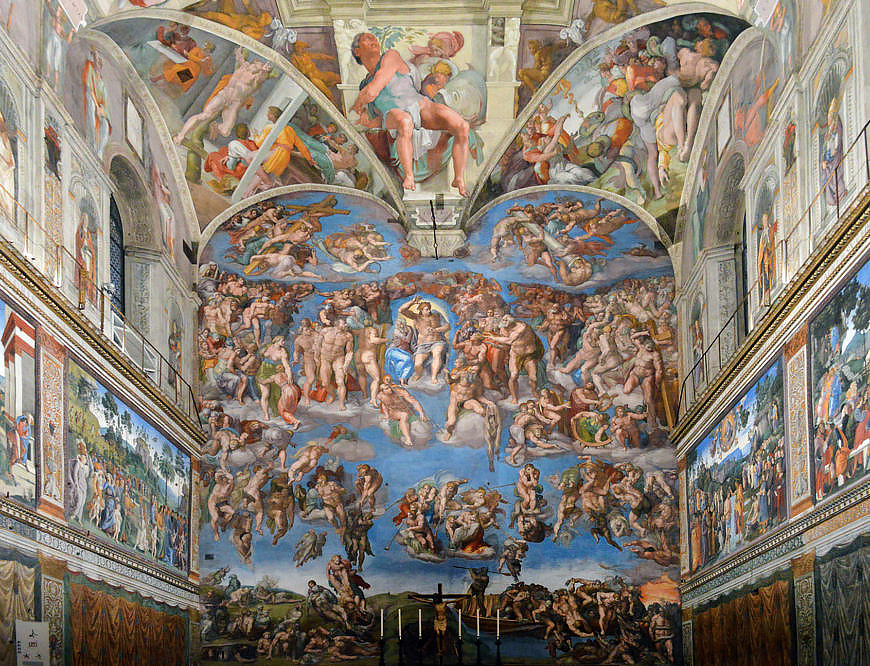
We all fear judgment. We fear being seen with all that’s inside us, some of which we don’t want exposed to the light. Conversely, we fear being misunderstood, of not being seen in the full light, of not being seen for who we are. And what we fear most perhaps is final judgment, the ultimate revelation of ourselves. Whether we are religious or not, most of us fear having to one day face our Maker, judgment day. We fear standing naked in complete light where nothing’s hidden and all that’s in the dark inside us is brought to light.
What’s curious about these fears is that we fear both being known for who we are, even as we fear not being known for who we really are. We fear judgment, even as we long for it. Perhaps that’s because we already intuit what our final judgement will be and how it will take place. Perhaps we already intuit that when we finally stand naked in God’s light we will also finally be understood and that revealing light will not just expose our shortcomings but also make visible our virtues.
Wendell Berry in his writing, It is Hell until it is Heaven, says, “I might imagine the dead waking, dazed into a shadowless light in which they know themselves altogether for the first time. It is a light that is merciless until they accept its mercy; by it, they are at once condemned and redeemed. Seeing themselves in that light, if they are willing, they see how far they have failed the only justice of loving one another. And yet, in suffering the light’s awful clarity, in seeing themselves within it, they see its forgiveness and its beauty and are consoled.”
For those of us who are Roman Catholics, this notion of judgment is also, I believe, what we mean by our concept of purgatory. Purgatory is not a place that’s separate from heaven where one goes for a time to do penance for one’s sins and to purify one’s heart. Our hearts are purified by being embraced by God, not by being separated from God for a time so as to be made worthy of that embrace. As well, as Therese of Lisieux implies, the punishment for our sin is in the embrace itself. Final judgment takes place by being unconditionally embraced by Love. When that happens to the extent that we’re sinful and selfish that embrace of pure goodness and love will make us painfully aware of our own sin and that will be hell until it is heaven. [Excerpt from Ron Rolheiser’s “Judgement Day” March 2020]
